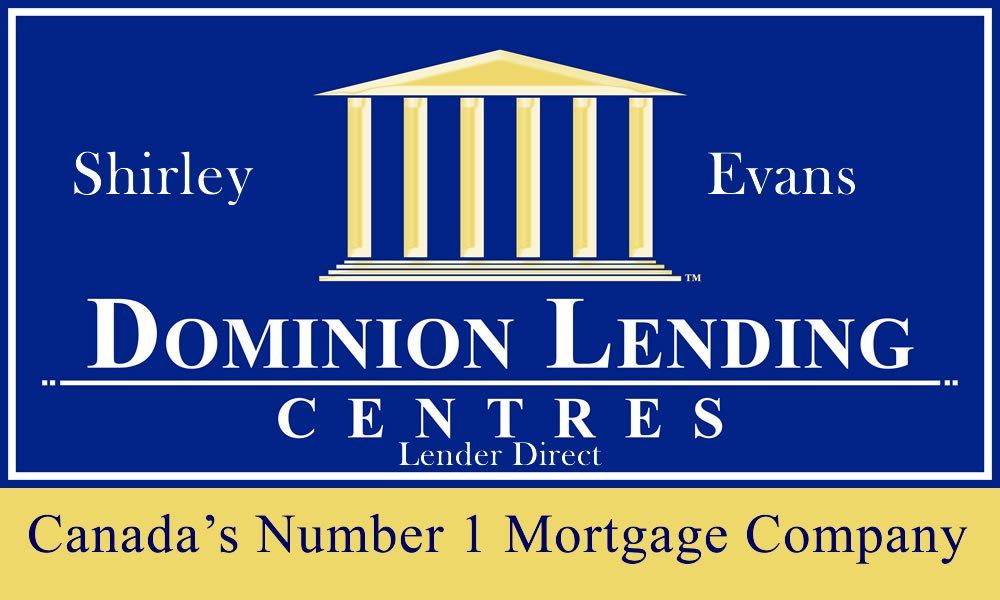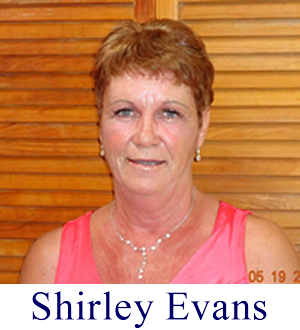| For now, you can just renew without re-qualifying. However, there have been hints the government could change that in the future.
If you’ve got a steady job, a credit score over 700, no debts and you make $60,000 a year in salary, getting a mortgage also shouldn’t be a problem in this lending environment.
But, it could be tougher if you’re newly self-employed or carrying a large amount of consumer debt. That said, mortgage brokers have access to literally hundreds of lenders and can always find a way to get funding.
So taking everything into consideration, the best thing to do is review your portfolio with your mortgage broker. We’re still in a relatively low rate environment, but it could change come this time next year.
If your mortgage isn’t up until 2019, it may make sense to get out of your current mortgage and pay a small fee to get a better long-term rate.
It’s always a good time to review your mortgage because everybody’s situation is different regardless of where you are in your term.
Please comment or ask questions and I will respond as soon as possible!
|




